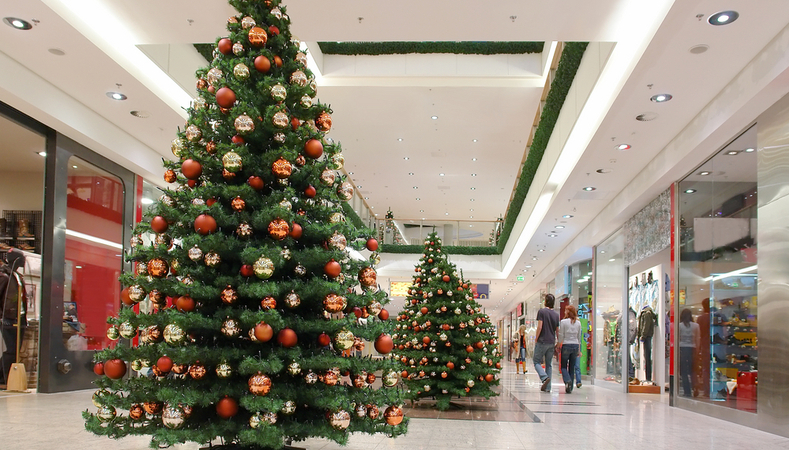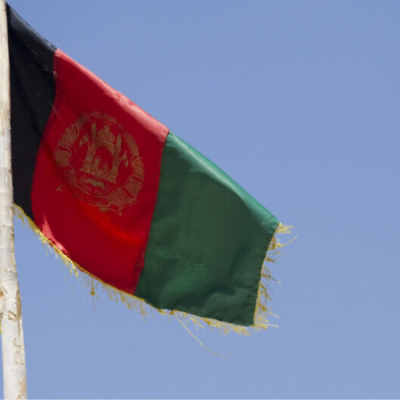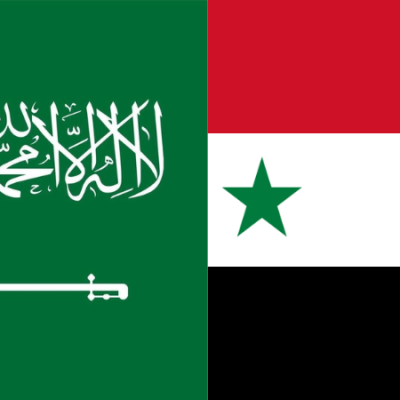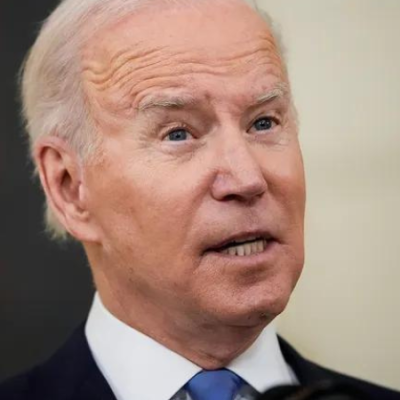First time ever, Christmas trees on sale in Saudi Arabia

Christmas decorations and decorative lights of various colors are in sale in a shop in the Saudi Arabia capital, Riyadh, for the first time. Today, you can find Christmas trees and decorations in a souvenir shop in the Saudi capital, in a scene that was difficult even to imagine years ago in the Islam conservative kingdom. These sales have begun to gradually appear in Riyadh in recent years, as a sign of easing social restrictions, after Saudi Crown Prince Mohammed bin Salman pledged to lead a kingdom “moderate and free” of radical precepts.
Saudi authorities forbid practicing religious rituals on its territory other than Islamic. In addition to Christmas trees, the gift shop sells Santa Claus, lights, reindeer, gift boxes, and home decorations for the Christian eve. “I never imagined I would see it in Saudi Arabia.” A Riyadh resident said, explaining that he was amazed to see that scene as it was nearly impossible to publicly sell these products in Saudi Arabia kingdom about three years ago. Riyadh recently saw the end of the Commission for the Promotion of Virtue and the Prevention of Vice role, serving as religious police. For decades, people bought Christmas items almost secretly from the neighbor the United Arab Emirates, while Christians from the Philippines, Lebanon, and other countries celebrated Christmas behind closed doors or areas where foreigners reside.
In the past, Mary, a Lebanese woman living in the capital Riyadh, affirms that it was difficult to find similar products in the kingdom, especially during Christmas. “Many of my friends use to buy them from Lebanon or Syria and then secretly took them to Saudi Arabia.” She added.Crown Prince Mohammed bin Salman undertook several reforms in Saudi Arabia, allowing concerts, reopening cinemas, and allowing women to drive as part of his plans to modernize the Saudi kingdom. The shop manager that sells Christmas decorations in Riyadh confirms that they also sold costumes for Halloween, in the past, amid the scepticism of their local customers.
The United States Commission for International Religious Freedom in its last report affirms that while Saudi Arabia made some fundamental legal reforms, particularly with regards to women’s rights, it has not addressed the underlying structural impediments to religious freedom in the country. In April, Riyadh conducted a mass execution of Shi’a Muslims, including some minors at the time they allegedly committed their crimes. No public worship is allowed in the country for non-Muslims, and the government continues to harass and surveil members of these communities.
“Women, such as Loujain al-Hathloul, who dissent from the government’s mandatory religious guardianship laws have been detained and subjected to severe mistreatment,” Washington reports, highlighting that on several occasions throughout 2019, the Saudi government released content on social media referring to feminism as a form of extremism. In late 2019, USCIRF Religious Prisoner of Conscience Raif Badawi was denied access to books and medicine and subsequently went on a hunger strike to protest. In its 2019 Annual Report, USCIRF recommended that the U.S. Department of State designates Saudi Arabia as a “country of particular concern” (CPC) due to its systematic, ongoing, and egregious violations of religious freedom.




